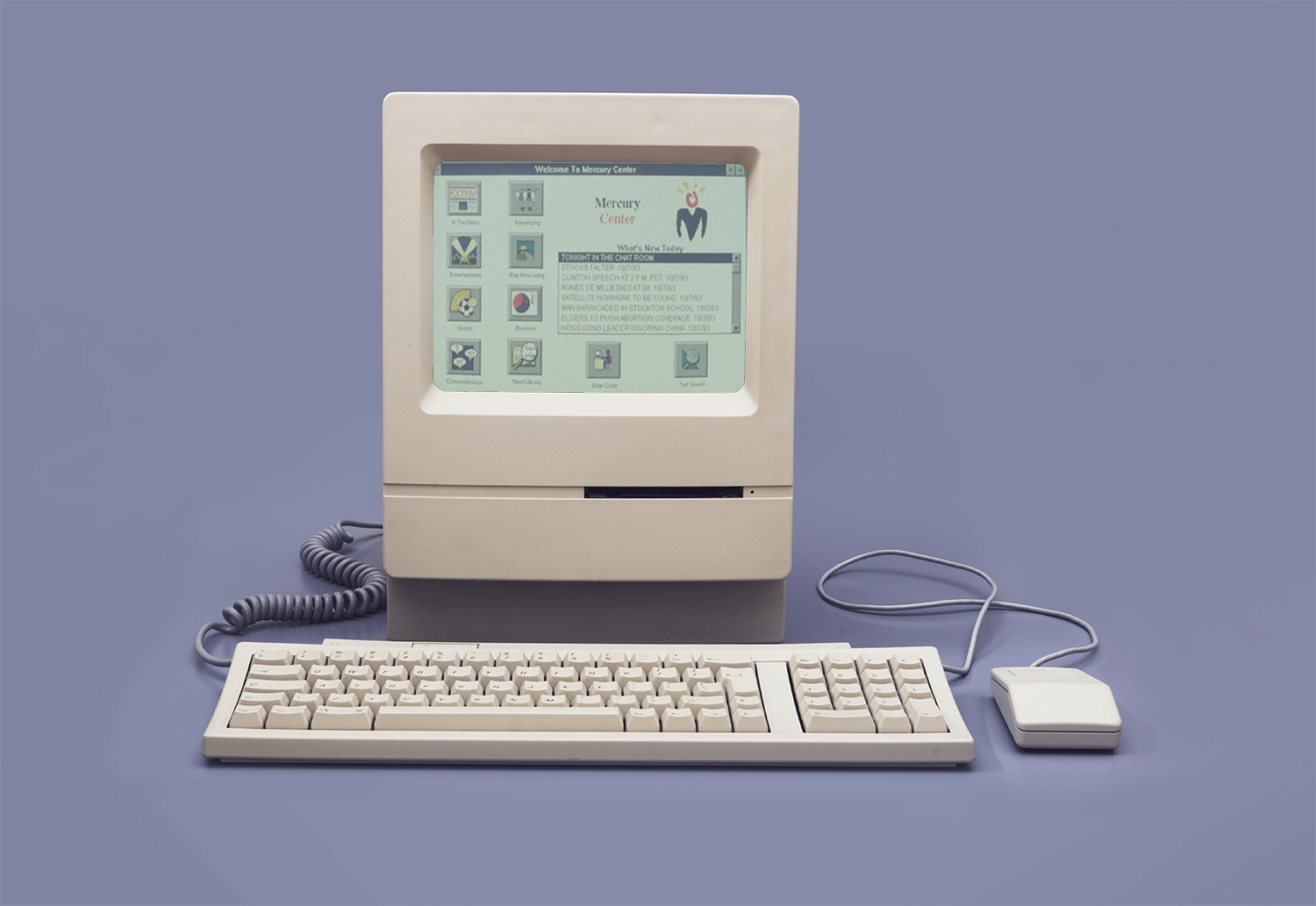Barnes & Noble is exploring whether to spin off or sell its Nook e-book and e-reader business line, according to paidContent and others.
What would that mean? It would separate the fast-growing Nook business (up about 70 percent annually and expected to total $1.5 billion this year) from Barnes & Noble’s struggling bricks-and-mortar stores and hardback distribution business.
Consumers might see it as a good thing, alleviating their concerns about investing in proprietary e-books and devices from a company with an uncertain financial future.
For the company, however, the strategy is questionable. CEO William Lynch says it’s about unlocking “substantial value in what we’ve built with our Nook business in only two years.” Industry analysts are less certain.
“Separating Nook from the Barnes & Noble brand would be a huge mistake,” Simba Information senior trade analyst Michael Norris told The Associated Press. “A lot of people who buy e-books buy physical books as well. Do they really want to tamper with that kind of marriage?”
Forrester analyst Sarah Rotman Epps notes that the Nook business is growing so rapidly, B&N shareholders may not have the patience for the amount of investment it will require. Nonetheless, it has been the star division of the company and separating it could cause problems. She writes:
The Nook business has benefitted from synergy with Barnes & Noble in two key areas: 1) Barnes & Noble’s channel (retail stores) and 2) Barnes & Noble’s publisher relationships. It’s not clear how a separate Nook business would function without the benefit of Barnes & Noble’s retail stores and publisher relationships.
Nook has fueled Barnes & Noble’s growth: What will be the value of Barnes & Noble without the Nook business? Where will the growth come from?
Related: Google is allegedly developing a 7-inch tablet, under $199, to rival Kindle Fire, Nook (The Next Web) | Estimates of Kindle Fire ownership so far in major cities (All Things D)






